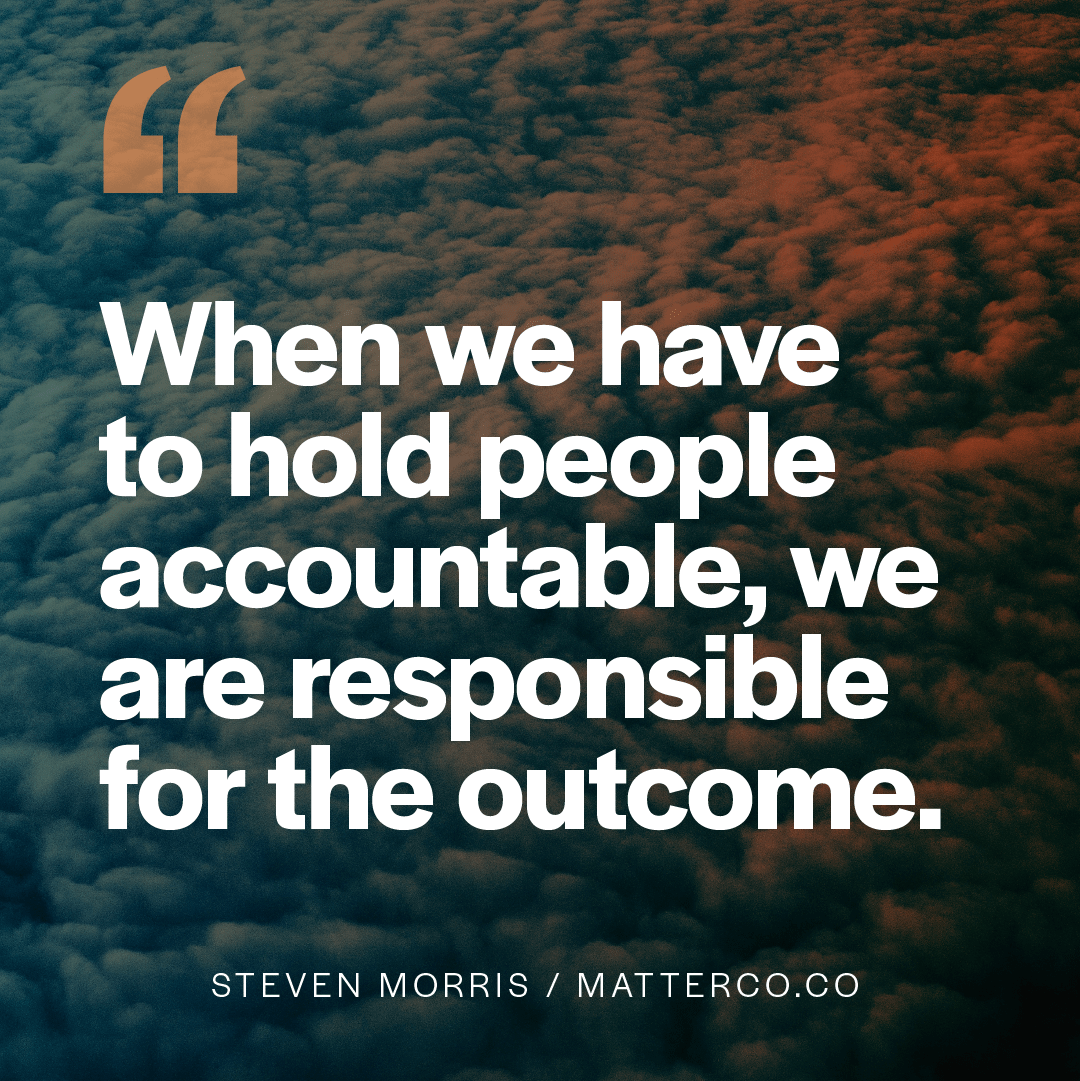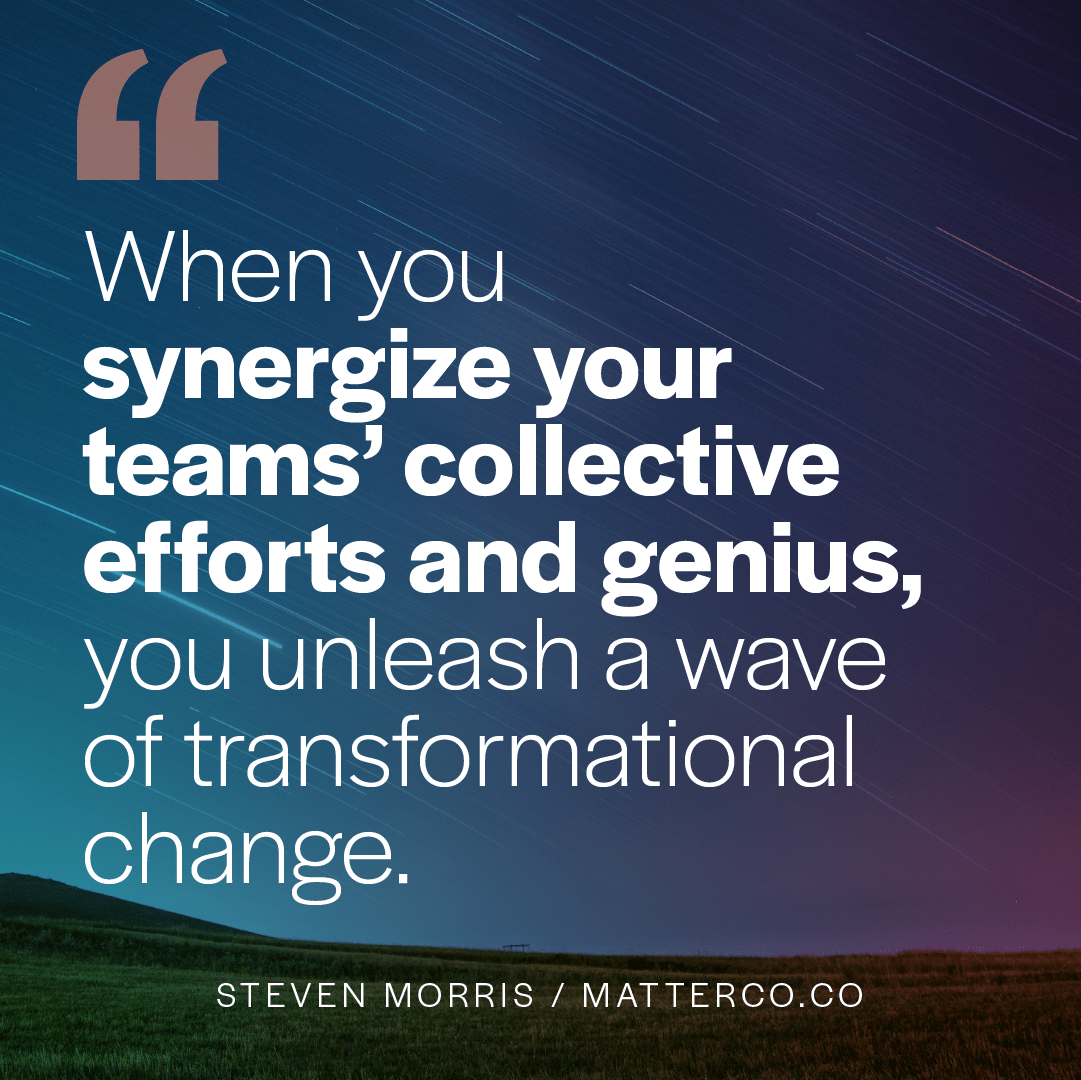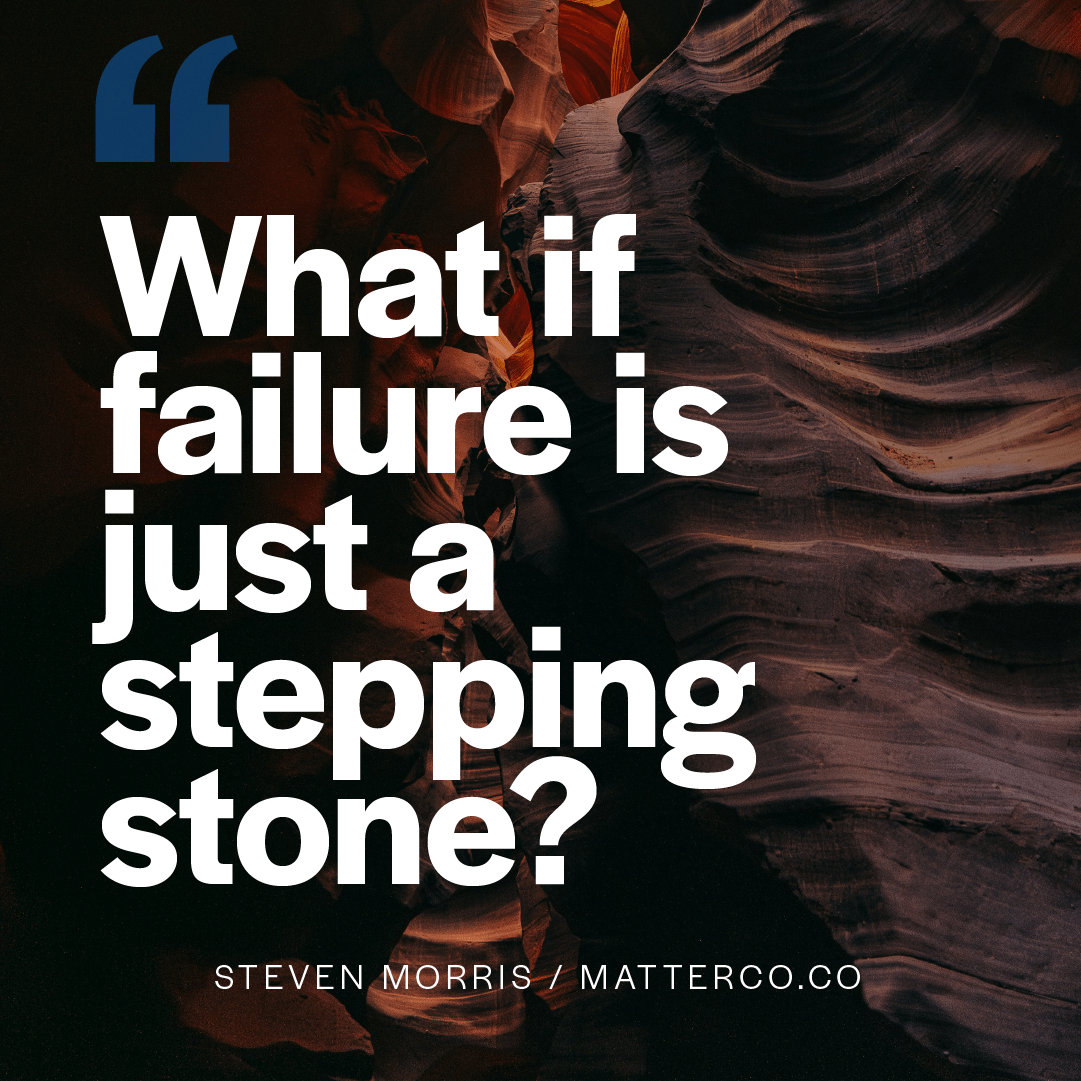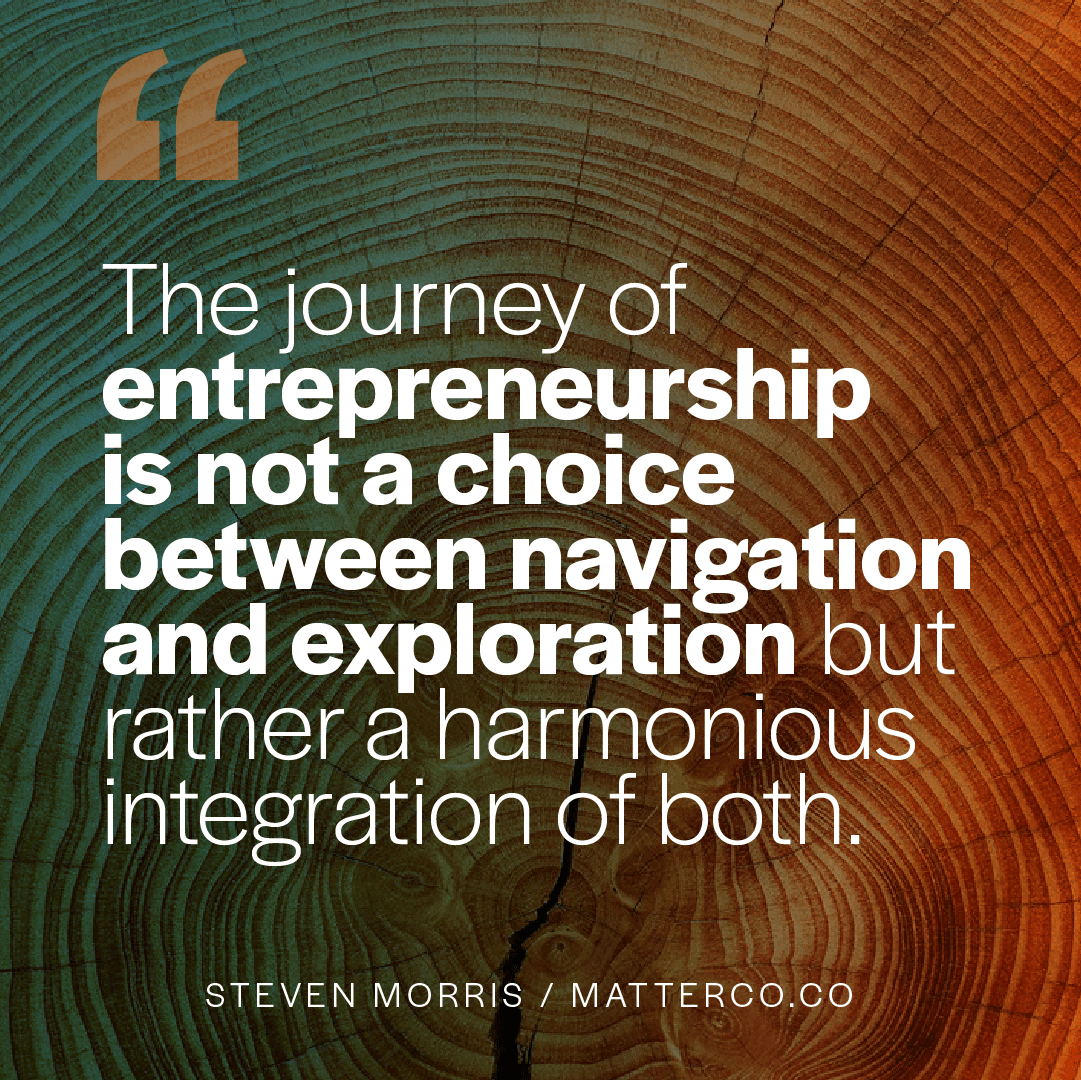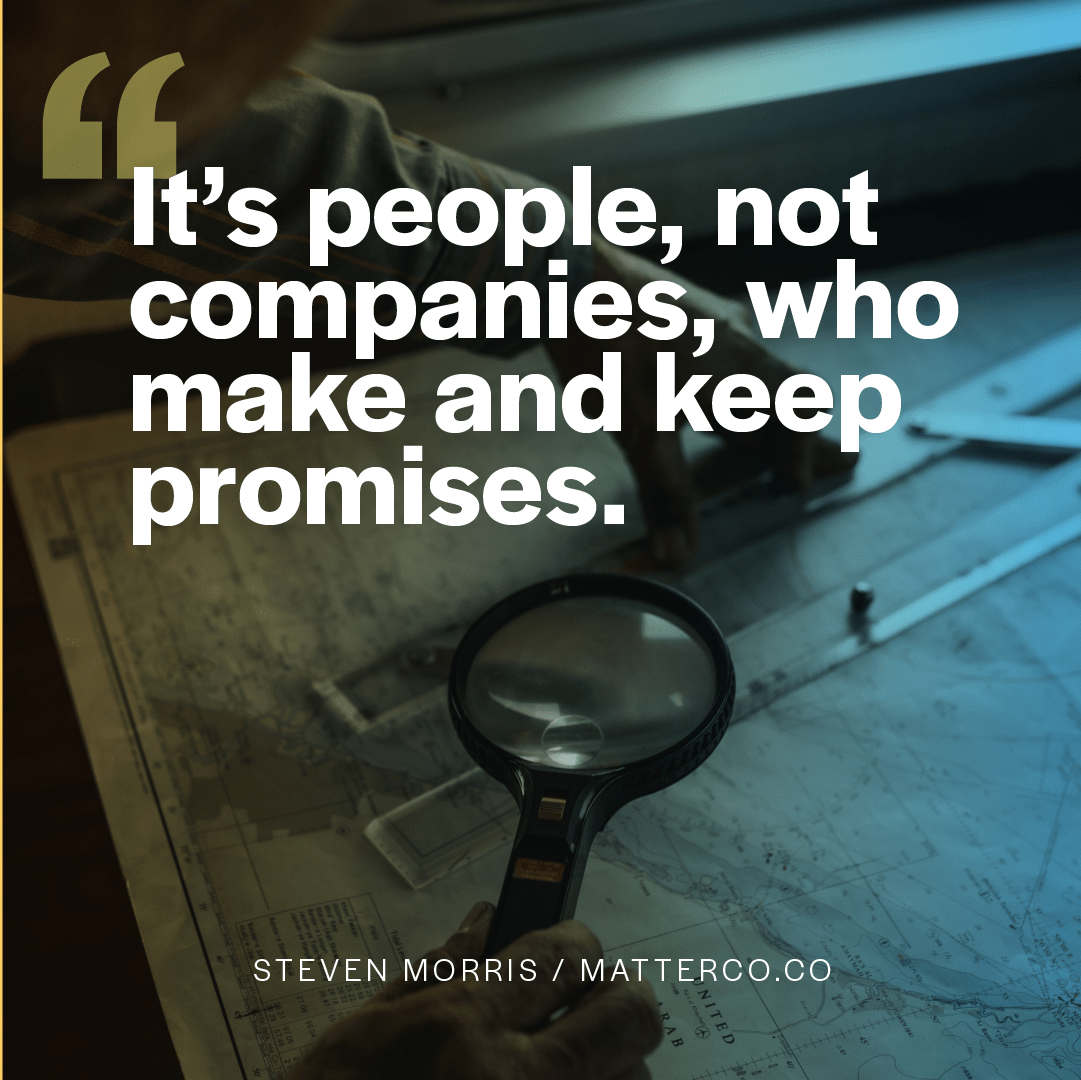
Through Line Of Brand, Culture…
A CEO I’m working with posed a great question, “how do you see the connection between brand, culture, marketing, and business strategy?” she asked.
It’s a great question because it’s asked outwardly, and sometimes silently, by many leaders. I live this day in, and day out. Creating this through line is the heart of my consulting work as a brand and culture building strategist.
I get it. Clarifying this is about as challenging as explaining how our electoral college system works. (You US-based folks are more likely to understand this perplexity)
All political systems aside, to stand out your company must stand for something. With this in mind, your brand must have a clear purpose that your employees and customers understand and connect with.
According to Gallup’s research, a mere 26% of U.S. workers believe their organization consistently delivers on the promises it makes to customers. This isn’t particularly good nor surprising news.
The cause is that customers and employees are disconnected from the brand. Said differently, the brand hasn’t been operationalized through the culture or the marketing. Employees within organizations are responsible for living up to brand promises and translating them into reality.
It’s people, not companies, who make and keep promises. This is what creates customer experience (CX).
For better or worse, the degree to which employees convey and live up to their organization’s brand promise directly influences customer experiences. Simply said, the quality of your CX relies on promises consistently kept.
Here’s the rub. Despite this CX reality, most organizations are falling short in internally communicating, socializing, or differentiating their company brand. This is part of what creates culture. As a result, less than half of U.S. employees (41%) strongly agree that they know what makes their organization’s brand different from that of competitors. If employees are unclear, it’s a good bet that customers and prospects are, too.
So, why does this matter? The answer is simple: performance.
A company’s performance improves when employees understand what differentiates their organization’s brand. Again, from Gallop, among employees who rate their team’s performance as excellent, awareness of brand distinctiveness increases to 65%.
With this, here are a few questions to consider:
- Have you asked your employees the degree to which your company delivers on its promises?
- Do your employees know what makes your company’s brand unique and relevant in the marketplace?
- Have you bench-marked the above two questions against how employees believe your teams perform?
The above questions are a little leading. I’ll be overt in pointing out that the triangulation of the above three questions can yield potent insights about the through line between your brand, culture, and performance.
One more thought.
According to research by Gallup, a sense of belonging is essential for success—both the employee’s and the company’s. As Gallup writes: “our best selves emerge when we have experiences that connect us and create a sense of belonging.” Just imagine a purpose-driven workplace with employees that believe in and are motivated by your company’s purpose and/or cause.
If you’re serious about standing out in the marketplace, building an engaged and high-performing culture, study your organization from the inside. Doing so will tell you how you can perform better on the outside.
If you’re serious about creating a better performing organization, study and shore-up the symbiotic through line between your brand, culture, marketing, and business strategy. If you want help with this, I’m here to serve.

If you want a more trusting team, a culture of belonging or a magnetic brand that attracts more of the right customers, I can help. If you'd like to explore if working together makes sense, drop me a line.




